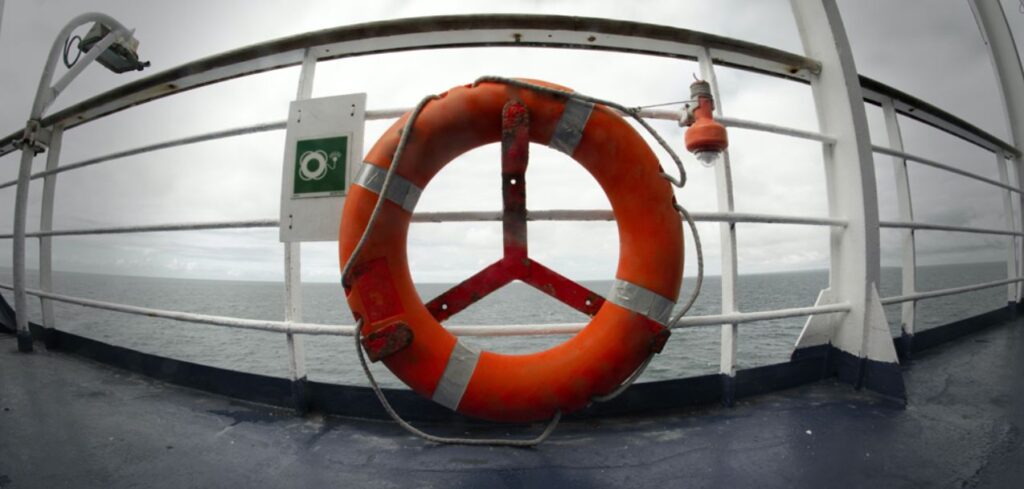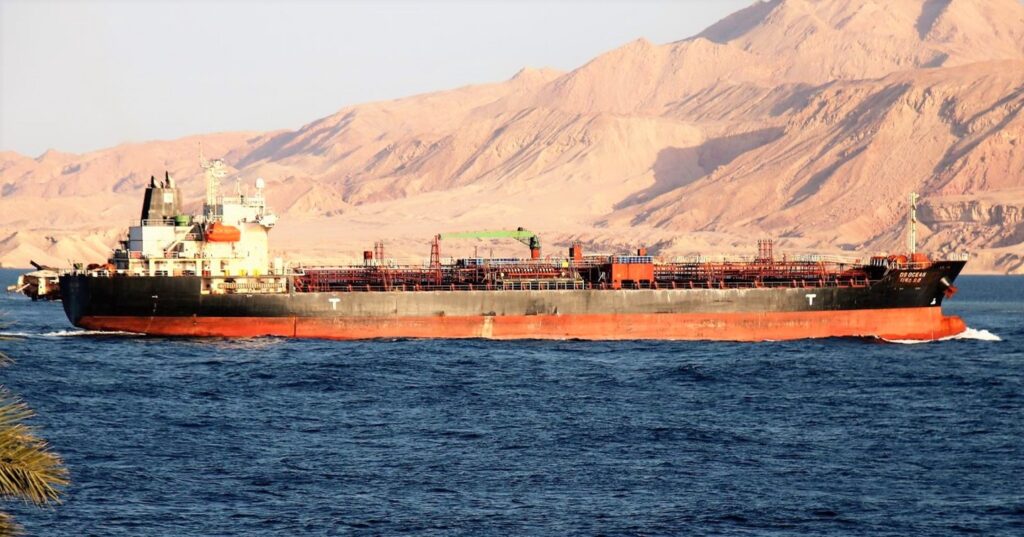Maritime Safety
Shipping is perhaps the most international of all the world’s great industries – and one of the most dangerous. It has always been recognized that the best way of improving safety at sea is by developing international regulations that are followed by all shipping nations.
IMO’s first task when it came into being in 1959 was to adopt a new version of the International Convention for the Safety of Life at Sea (SOLAS), the most important of all treaties dealing with maritime safety.
IMO has also developed and adopted international collision regulations and global standards for seafarers, as well as international conventions and codes relating to search and rescue, the facilitation of international maritime traffic, load lines, the carriage of dangerous goods and tonnage measurement.
The Maritime Safety Committee is IMO’s senior technical body on safety-related matters. It is aided in its work by a number of Sub-Committees:




